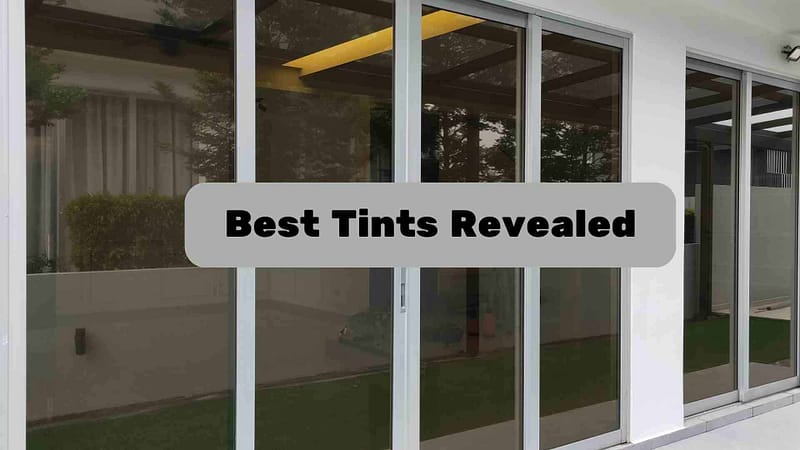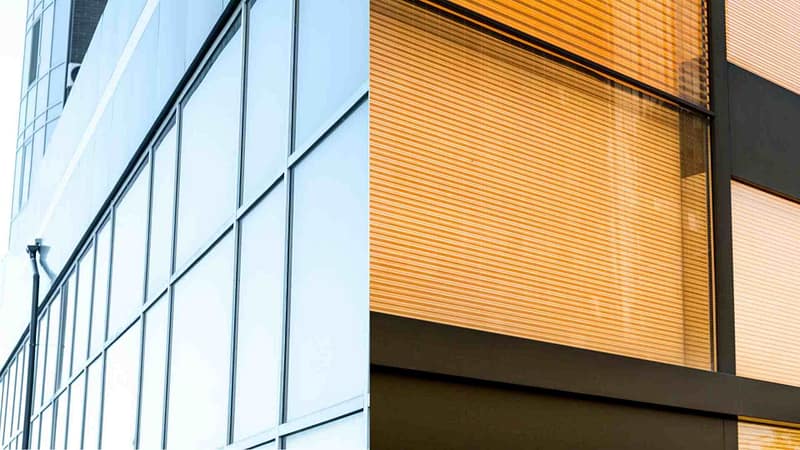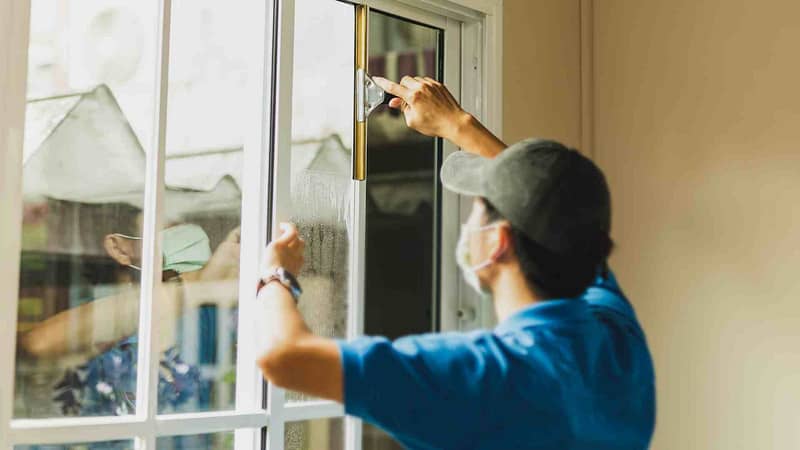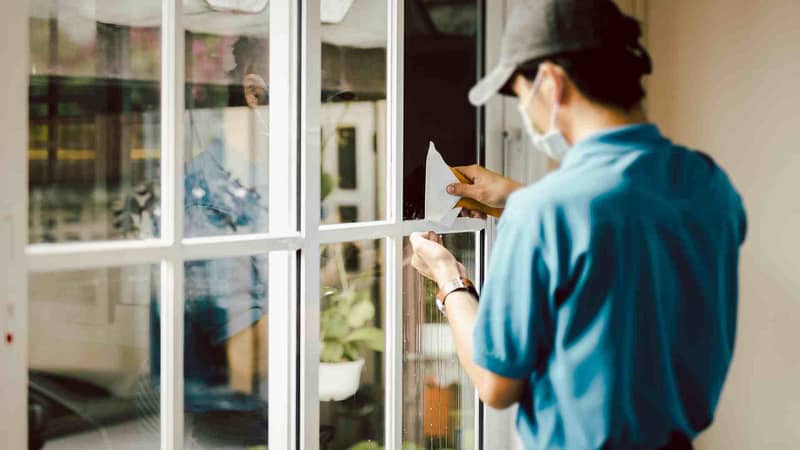In the realm of window Installation and replacement, the benefits of home window tinting have emerged as a pivotal consideration for homeowners seeking to elevate their living spaces. Not only does it promise an array of advantages in terms of privacy, energy efficiency, and ultraviolet protection, but the benefits of home window tinting also extend to potentially substantial cost savings over time.
This article delves into the multifaceted perks of adopting this improvement, including what exactly constitutes the benefits of home window tinting, the feasibility of DIY approaches to window tinting, the impact of tinting on indoor brightness, and identifying the optimal window tint solutions for minimizing heat within homes. Through expert insights and authoritative advice, we aim to illuminate the significant positive changes that window tinting can bring to your home environment.
Table of Contents

Exploring the Multifaceted Benefits of Window Tinting at Home
The benefits of home window tinting include enhanced privacy, improved energy efficiency by reducing heat gain, protection against harmful UV rays, and potential reduction in fading of furniture. Additionally, it contributes to glare reduction, offering a more comfortable indoor environment. These advantages make window tinting a worthwhile investment for homeowners.
Enhanced Privacy and Security
One of the foremost benefits of home window tinting is the increased privacy it offers. Tinted windows prevent outsiders from peering into your home, thereby enhancing your personal privacy without sacrificing natural light. This feature is especially valuable in areas close to neighbors or in urban settings. Privacy tints range from light to dark, allowing homeowners to choose according to their preference and needs.
Energy Efficiency and Cost Savings
Energy efficiency is another significant advantage of window tinting. By blocking a portion of the solar heat, tinted windows maintain a cooler indoor temperature, reducing the need for air conditioning. This leads to considerable energy savings. According to the International Window Film Association, window films can block up to 75% of the sun’s heat, potentially reducing homeowners’ energy bills by up to 30%.
UV Protection and Furnishing Preservation
Tinted windows block up to 99% of the sun’s harmful ultraviolet (UV) rays, protecting the skin and eyes of the home’s occupants. Moreover, this protection extends to the home’s interior, significantly reducing the fading of furniture, carpets, and artworks. UV protection ensures that your valuables maintain their color and integrity for years to come, safeguarding your investment in your home’s interior.

Can You Tint Windows Yourself? A DIY Guide
Yes, you can tint your own windows. It requires precision, patience, and the right tools. While DIY window tinting can be cost-effective, achieving professional-looking results demands careful preparation, attention to detail, and adherence to local regulations regarding tint levels. Many choose this route for the satisfaction and savings it offers.
Understanding the DIY Process
Tinting your own windows is entirely possible and can be a rewarding DIY project. The process involves cleaning the windows thoroughly, measuring and cutting the film accurately, applying the film without bubbles, and ensuring it adheres properly. While the steps may sound straightforward, the devil is in the details. Achieving a bubble-free and precise fit requires a steady hand and patience.
Considerations and Challenges
Before embarking on a DIY window tinting project, it’s crucial to research and understand local regulations regarding tint levels. Non-compliance can lead to fines or the need to remove the tint. Furthermore, the quality of the film used and the installer’s technique play significant roles in the longevity and effectiveness of the tint. Mistakes can be costly and frustrating to rectify. If you are not sure about what you are doing, you can always ask your local remodeling experts for some help!
Weighing Pros and Cons
DIY window tinting offers cost savings over professional installation, and for many, the sense of accomplishment is rewarding. However, the potential for errors that can detract from your home’s appearance and the longevity of the tint should not be underestimated. Professional installers bring expertise and guarantee results, but at a higher cost. Ultimately, the decision to DIY or hire a professional depends on one’s confidence, skill level, and budget.

The Impact of Window Tinting on Home Lighting
Window tint does not necessarily make a house dark. Modern window tints are designed to reduce heat and UV exposure while maintaining natural light. The degree of darkness is determined by the tint's shade selected. Lighter tints can provide protection without significantly affecting indoor brightness, offering a balance between comfort and visibility.
Advancements in window tinting materials mean homeowners no longer have to choose between protection from UV rays and preserving natural light. The market offers a spectrum of tints designed to meet various needs, including reducing glare, conserving energy, and enhancing privacy, without necessitating a compromise on the brightness of the home’s interior. This evolution in window tinting technology ensures that the right product can block harmful rays and manage heat gain while keeping living spaces luminous and inviting.
The decision to tint windows should therefore be guided by a clear understanding of the products available and the specific benefits they offer. By prioritizing goals such as UV protection or heat reduction, homeowners can find tints that align with their needs without casting a shadow over their indoor ambiance. With careful selection, it’s entirely feasible to enhance your home’s efficiency and comfort without losing the welcoming quality of natural light.

Top Choices for Home Window Tinting to Beat the Heat
The best window tint for home heat reduction is one that offers high UV protection and thermal insulation. Solar control films, especially those with ceramic or metallic components, are highly effective. These tints not only block a significant amount of solar heat but also maintain visibility and reduce energy costs, making them an ideal choice.
Solar control window films are at the forefront of heat-reducing window treatments, favored for their ability to reflect and absorb solar energy before it penetrates your home. Ceramic and metallic films, in particular, stand out for their efficiency. Ceramic films are prized for their durability and ability to block heat without interfering with visibility or electronic signals inside the home. Metallic films, on the other hand, excel in reflecting solar rays, significantly lowering indoor temperatures. Both options provide a robust barrier against heat, contributing to a cooler, more comfortable living environment.
Selecting the right tint involves balancing heat reduction capabilities with other factors, such as light transmission and aesthetics. A tint that offers high heat rejection without significantly darkening the room or altering the appearance of your home from the outside is ideal. It’s also crucial to consider the tint’s compatibility with your windows, as some films may not be suitable for all types of glass.
Finally, while the initial cost of high-quality window tints may be higher, the long-term savings on energy bills can be substantial. By reducing the need for air conditioning, these tints contribute to lower energy consumption and costs. Moreover, they protect furnishings from fading due to UV exposure, adding to their value. When choosing a window tint, consider these factors to ensure you select a product that meets your needs for heat reduction, energy efficiency, and interior comfort.
So, Should You Tint Your Windows?
In conclusion, navigating the myriad options for the best window tint for home heat reduction requires a keen understanding of the benefits of home window tinting. Whether the goal is to maintain privacy, reduce energy costs, or protect interiors from harmful UV rays, the right window tint can significantly enhance the comfort and efficiency of any living space.
Solar control films, particularly those with ceramic or metallic components, stand out as superior choices for those prioritizing heat reduction without compromising on natural light or aesthetics. The journey towards selecting the best window tint involves weighing factors like heat rejection, light transmission, and long-term savings.
Ultimately, the benefits of home window tinting extend beyond mere heat reduction, offering a comprehensive solution that enhances privacy, energy efficiency, and the overall well-being of occupants. By carefully considering these factors, homeowners can make informed decisions that align with their specific needs, ensuring their investment in window tinting delivers both immediate comfort and lasting value.






